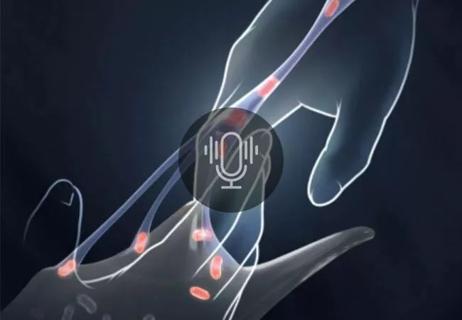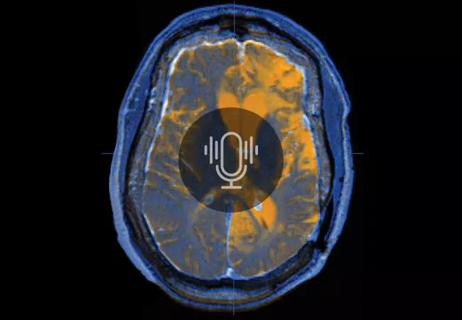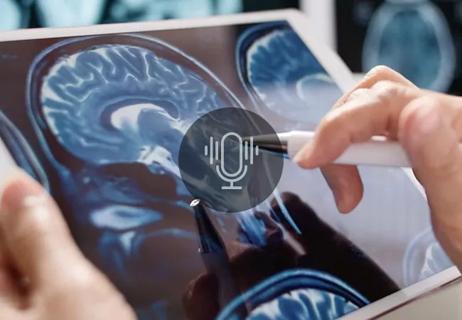Comprehensive evaluation and keen clinical judgment are key in suspected cases
Podcast content: This podcast is available to listen to online.
Listen to podcast online (https://www.buzzsprout.com/2243576/13534517)
Prompt diagnosis and treatment of autoimmune encephalitis (AE) hinges on clinicians’ familiarity with the condition. While understanding of AE has grown in the last several years, its rarity — with a prevalence of approximately 1 per 100,000 people in U.S. population-based studies — can complicate diagnosis, as can the number of conditions that mimic AE.
Advertisement
Cleveland Clinic is a non-profit academic medical center. Advertising on our site helps support our mission. We do not endorse non-Cleveland Clinic products or services. Policy
“When we are evaluating patients acutely, we need to be very careful and judicious in the differential diagnosis and not overcall the diagnoses,” says Amy Kunchok, MD, a neurologist in Cleveland Clinic’s Mellen Center for Multiple Sclerosis Treatment and Research who has a specialty interest in AE. Tumors, mitochondrial disorders, neurodegenerative diseases, primary psychiatric disorders and other conditions can mimic AE.
In the latest episode of Cleveland Clinic’s Neuro Pathwayspodcast, Dr. Kunchok provides a practical approach to the diagnosis and management of AE. She explores:
Click the podcast player above to listen to the 19-minute episode now, or read on for a short edited excerpt. Check out more Neuro Pathways episodes at clevelandclinic.org/neuropodcast or wherever you get your podcasts.
This activity has been approved for AMA PRA Category 1 Credit™. After listening to the podcast, you can claim your credit here.
Podcast host Glen Stevens, DO, PhD: What does a comprehensive evaluation for suspected autoimmune encephalitis look like?
Dr. Kunchok: We would typically do a spinal fluid. In addition to doing routine analyses, we send it for neural antibody testing to look for antibody biomarkers for autoimmune encephalitis. We also send the spinal fluid for differential diagnoses, such as infective encephalitis. Other markers in the spinal fluid that are helpful are things like oligoclonal bands or IgG index, which can also point to intrathecal immune activation.
Advertisement
We send the serum for neural antibodies, and we check the serum for complete blood count, a metabolic panel and any other screening that may be relevant for an alternative diagnosis of encephalopathies. In some cases, that may mean toxicology testing, B12, folate, thyroid function tests, etc.
Other tests that we routinely do include an EEG if a patient has new-onset seizures. This can also be helpful to identify encephalopathy. And an MRI of the brain can be useful to look for the classical features of limbic encephalitis as well as other inflammatory changes.
Advertisement
Advertisement

New research focuses on tumorigenic aspects of communication among brain cells

Evidence hints that chronic neuroinflammation might stem from a CNS-directed autoimmune response

Insights on leveraging collaboration and advocacy to develop and conduct needed trials

Research shows promise for use in therapeutic settings to manage depression, PTSD, anxiety and more

Why we’ve launched a targeted mentorship program and new dedicated funding awards

Planning continues with critical, patient-focused input from nursing teams

An expert’s take on evolving challenges, treatments and responsibilities through early adulthood

Advances in genomics, spinal fluid analysis, wearable-based patient monitoring and more